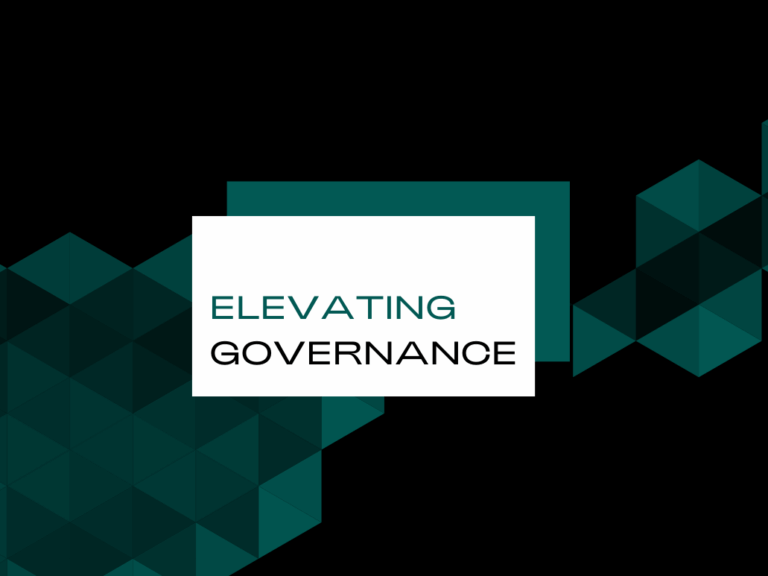Ready for
what’s next
Recent Knowledge

A deep dive into the EU Platform Work Directive
16/02/2026
Briefing

Horizon Scanner: Energy, Planning, Infrastructure and Construction
13/02/2026
Briefing

Clinical trials regulation in Ireland and the EU: Key updates shaping 2025 and 2026
12/02/2026
Briefing

Resilience video series: Building strength in uncertainty
11/02/2026
Video

SFDR 2.0
10/02/2026

The company secretary as a catalyst for board effectiveness
09/02/2026
Article

Residential Tenancies (Miscellaneous Provisions) Bill 2026: Update for PRS and PBSA stakeholders
04/02/2026
Briefing

Horizon Scanner: Finance
03/02/2026
Briefing

AIFMD II loan origination rules: What’s new?
03/02/2026
Briefing

Building boards that think differently
03/02/2026
Article

The EU Platform Work Directive: What it is and why it matters
03/02/2026
Briefing

Residential healthcare – who pays rates?
30/01/2026
Briefing
Video
Stay ahead of legal developments with our video insights, where we bring a fresh perspective to the challenges and opportunities facing organisations today. Our video content covers key updates and trends, along with deep-dives into industry-shaping issues.

Looking for something specific?
Recent News

NPL Europe Conference 2026
17/02/2026
Events

Avadel Pharmaceuticals plc acquired by Alkermes plc
16/02/2026
Deals

Data and Digital Leadership Forum: Gen AI Survey
13/02/2026
News

Copenhagen Infrastructure Partners’ acquisition of Ørsted’s European onshore business
13/02/2026
Deals

Chambers Global Guide 2026 rankings released
12/02/2026
Awards

Arthur Cox at the National Pensions Summit 2026
05/02/2026
Events

NTMA raises €5 billion benchmark bond
04/02/2026
News

Niamh Burke Renewable Energy Bursary 2026
03/02/2026
ESG Hub

Global Legal Insights: Fund Finance 2026
29/01/2026
News

The 14th IBA European Corporate and Private M&A Conference
26/01/2026
Events

Pay Transparency: Preparing HR
20/01/2026
Events

Our new charity partners
16/01/2026
News
VIEW ALL INSIGHTS















Insights Blog

Ireland’s Defamation reforms pass final parliamentary stage
12/02/2026
Insights blog

Central Bank publishes 2025 Climate Report
11/02/2026
Insights blog

Energy Update: Next steps for the Renewable Electricity Support Scheme
10/02/2026
Insights blog

Central Bank consults on Prohibition Notices Under the Fitness and Probity Regime
06/02/2026
Insights blog

AIFMD II: New Central Bank authorisation process for AIFMs managing loan originating AIFs
29/01/2026
Insights blog

Evolving standards: Operational resilience for MiFID investment firms in 2026
14/01/2026
Insights blog

Construction law update: “Smash and grab” adjudications do not arise under Irish Act
13/01/2026
Insights blog

Renewable energy update: Non-price criteria decision
23/12/2025
Insights blog

European Commission’s Market Integration Package – Key Implications for Funds
23/12/2025
Insights blog

ESMA publishes amended guidelines on liquidity management tools
19/12/2025
Insights blog

Representative actions in Ireland: Key developments in 2025
17/12/2025
Insights blog

Green light - Health Package & Food and Feed Package adopted by European Commission
16/12/2025
Insights blog

European Commission suspends plans to regulate Third-Party Litigation Funding
16/12/2025
Insights blog

Regulating and supervising well – A more effective and efficient framework
12/12/2025
Insights blog

EU Pharma Package: Agreement reached
11/12/2025
Insights blog
Careers with Arthur Cox
Our people have led the way and set our standards to the level we’re now known for. So whether you’re finding your feet or forging your next step, we want to know one thing: Where will you take us?



